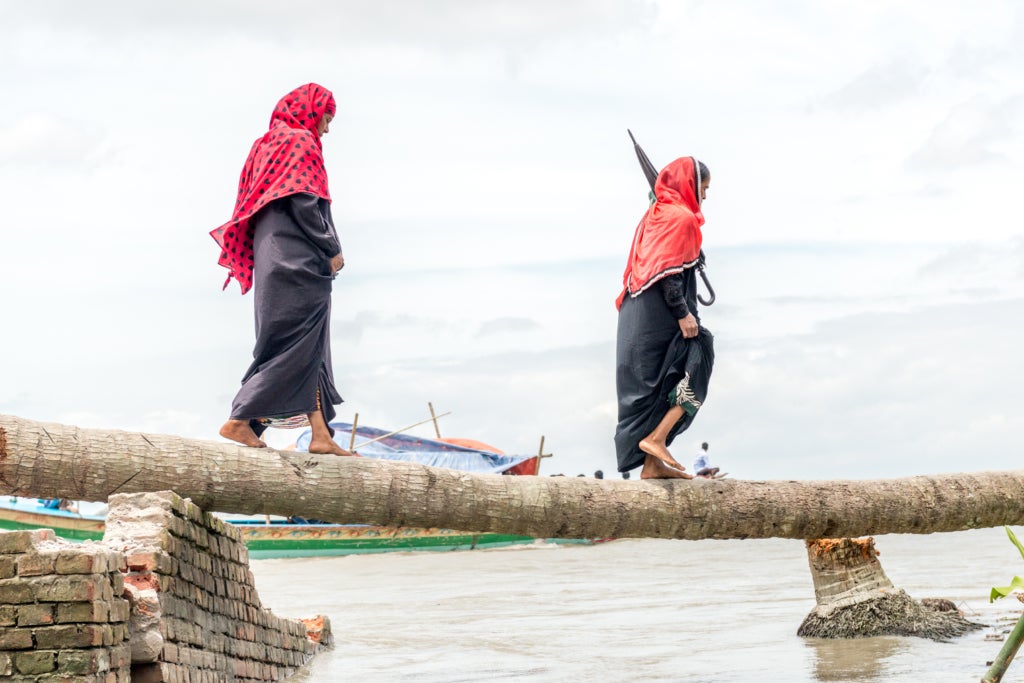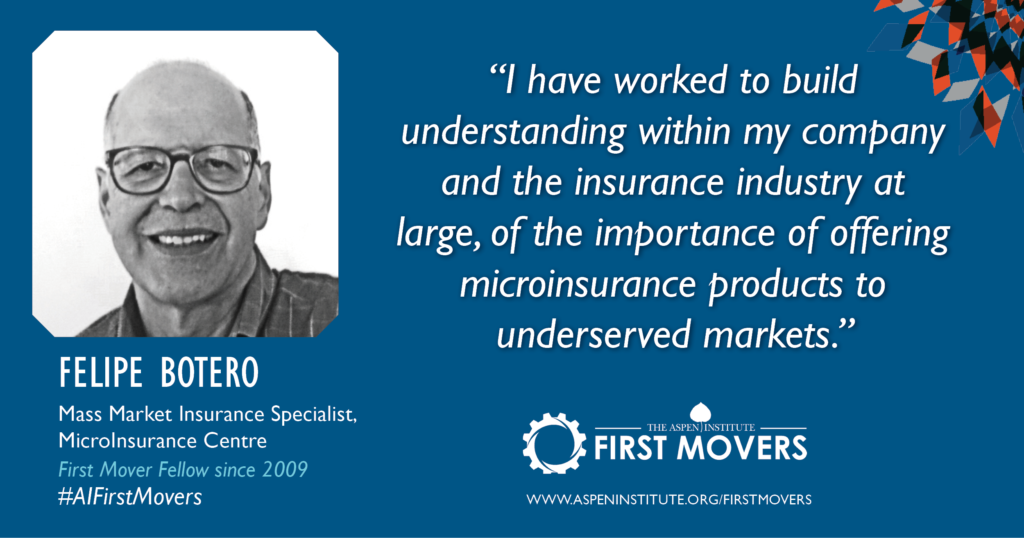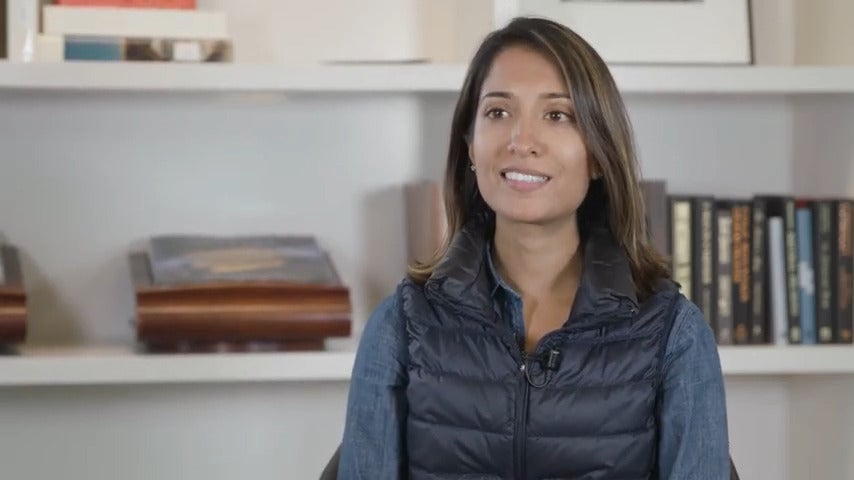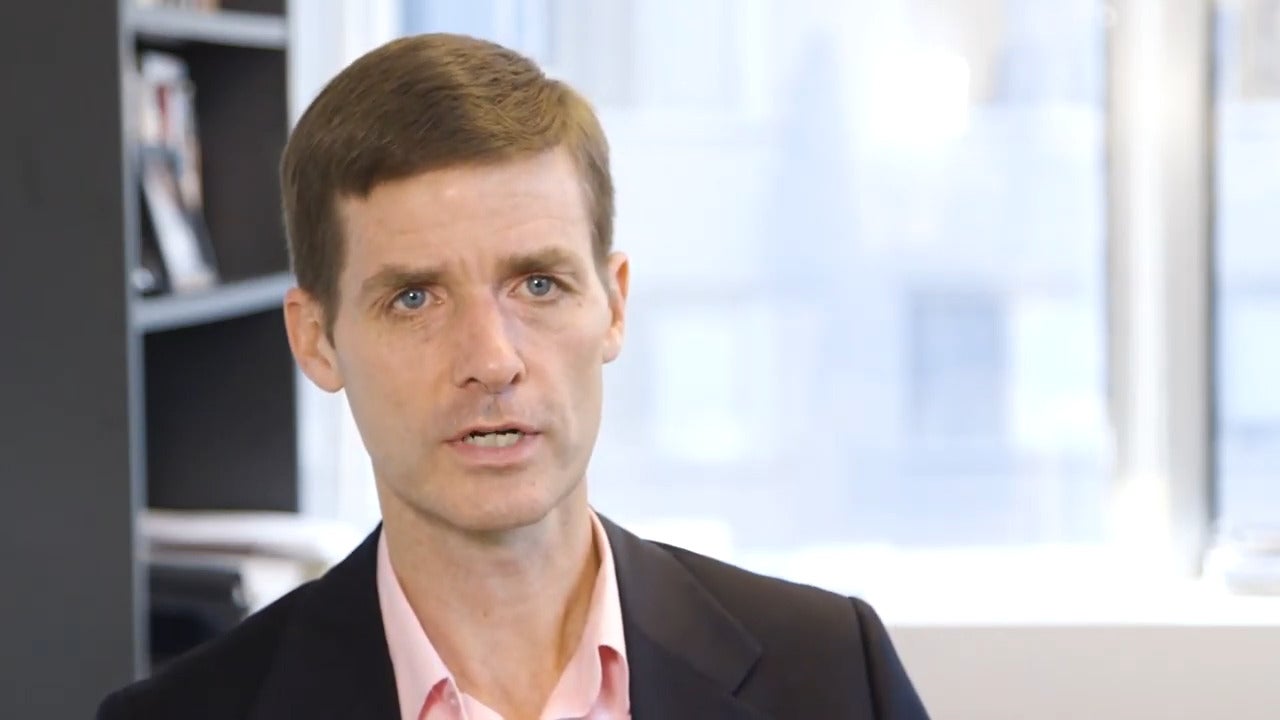It is still autumn here where I live in the northeastern part of the United States, and it is a beautiful time of the year. It is a time to enjoy nature’s beauty and the good harvest. It is a time to reflect on all of the opportunities that we have and many times take for granted. It is also a moment for all of us to think about how we share that bounty with others and how we build a sustainable world based on justice and joy.
In this spirit, I am reminded of a practice I started a few years ago, to begin each day by reading the New York Times. One morning on the front page was the story of a very poor, young Bangladeshi woman who had lost her husband in a typhoon and in the aftermath was driven into deep poverty and despair. Eventually, she was even forced to give her child away to live as a household servant because she could not afford to feed her. Saddened by this tragedy, I did not read very much further that day, but I did spend quite a bit of time contemplating that family’s fate.

Dohar, Bangladesh – August 5, 2016, iStock.
My work makes me very much aware of the ever-widening gap between the rich and the poor. Even in the first world, there are daily reminders for all to see, and public awareness of the inequities is increasing. Many seem concerned with the unconscionable rise in executive pay and the stagnant wages that middle-income earners are facing. And in a country of plenty like the United States, many find it difficult to accept that 50% of the population owns less than 1% of the assets.
This wealth and income gap has many root causes, barriers and contributing factors, such as gender inequity, discriminatory practices, malnutrition, lack of adequate education, unsafe housing conditions, poor access to health and wellness services, dismal infrastructure, corruption…sadly, the list goes on.
However, one of the most critical enablers of prosperity for poor people around the world is equal access to modern financial management tools, such as savings, credit, insurance, investments, transfers and payments. Lack of access to these services is an important contributor to perpetuating the inequality gap. Having access to appropriate financial services that are simple, affordable and user-friendly, while not an immediate solution to all of the world’s problems, does form the basis for sustainable economic prosperity.
Fortunately, innovators are introducing microservices that suit the needs of clients at the base of the economic pyramid. Microcredit products provide very small loans to people underserved by the mainstream financial industry. In the past few years, microcredit has evolved significantly from simple group or individual working capital loans into more diverse products and services ranging from working capital to housing finance, education finance, smallholder farmer finance, and microleasing products. Microinsurance has appeared more recently as a new category of insurance for low-income individuals who wouldn’t otherwise have access to this vital resource.

Even traditional banks and insurance companies are getting into the business of financial inclusion. Increasingly, these institutions are recognizing the social benefits – and the business case – for serving marginalized populations. Such changes are often driven by corporate social intrapreneurs: people working passionately inside large companies to create positive social and environmental outcomes for the world. These innovators are directing the enormous power and reach of financial institutions toward the less fortunate, and creating profitable business lines in the process.
Thinking back to the devastating story of the Bangladeshi family, I can’t help but wonder how their fate might have been very different if the father had life insurance, or if the mother had access to emergency funds through savings or credit. This is the future towards which these intrapreneurs aspire.
It’s time to shed a light on the good work of these innovators. The Aspen Institute First Mover Fellows – corporate social intrapreneurs from around the world – are some of the extraordinary leaders working to bring more people into the financial system. Recently, the Institute published a report on financial inclusion, with the help of the MetLife Foundation, highlighting a series of innovative and impactful projects driven by their Fellows. Their companies understand that to be inclusive is good for business, and that to be effective, financial products and services must be designed to be accessible, affordable and valuable for low-income people. When that happens, people benefit, businesses thrive and society is better off.
We can’t stop natural disasters like that typhoon in Bangladesh from occurring, but I long for the day when people affected by such tragedies can access financial tools to minimize the impact of these catastrophes. Social intrapreneurs are helping to put us on that pathway to the future.
We invite you to join the conversation on social media! Follow us @AspenBizSociety and use #AIFirstMovers and #FinancialInclusion to share on Twitter, Facebook and LinkedIn.

